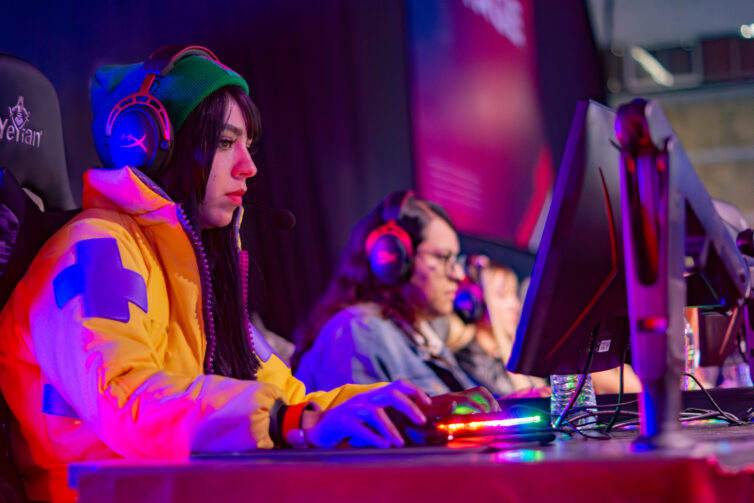Video games are at the top of the list of leisure activities for young people, who see gaming as a perfect place for self-expression and spending money on fun
Generation Z represents about a third of the world’s population and its influence on the entertainment industry is beginning to be important. Brands and companies have been researching for months on which are the most appropriate mechanisms to reach and interact with this digitally connected generation.
Unlike millennials, who experienced the introduction of cell phones, social networks and the Internet, Generation Z’s formative years have coincided with the emergence of the metaverse and Web 3.0, becoming digital natives. Young people spend much more time on the Internet than previously and are generally considered the most tech-savvy audience.
Generation Z’s interest in gaming is undeniable. In fact, 87% claim to play games on devices such as smartphones, consoles or PCs at least once a week and 65% more than 3 hours a day, highlighting the deep integration of gaming into their daily routines and representing a huge opportunity for brands in the in-game advertising space.
According to a recent Deloitte study in five countries, Generation Z respondents cited video games as their favorite entertainment activity. Consequently, there is a shift compared to previous generations, who still lean toward television and streaming music.
Furthermore, this same study indicates that 70% of Generation Z prefers games that allow them to interact with friends or other players. Therefore, social interaction is now prioritized in their gaming experiences: the majority of survey participants prefer titles that offer multiplayer options and social features, reflecting a desire for community and connectivity in virtual spaces.
Generation Z has the potential to reshape the entertainment landscape, as their preferences are completely different. Having grown up with online habits, they are often early adopters and have the power to influence the behaviors of older and younger generations.
Online shopping
According to a study conducted by Razorfish and Vice Media Group, a significant portion of Generation Z gamers find a perfect place for self-expression in gaming environments, often more so than in real life. This includes creating avatars and participating in virtual worlds that reflect their true identity.
As much of their lives are spent online, Gen Z young people are much more likely to spend money in the gaming space, for example in the metaverse, in the same way they do in real life. Over the next five years, 20% of Generation Z gamers’ ‘fun’ budgets (money spent on entertainment, leisure or recreation) will be spent on in-game purchases, with the current average spend being $50 per year. This represents a huge opportunity for brands to not only reach them where they are, but also to cultivate lasting relationships with young audiences.
Brands and agencies that want to effectively engage with Generation Z must understand the nuances of their media and entertainment preferences, how to best leverage these channels and ensure their strategy authentically embraces the essence of the gamer community. There is no one-size-fits-all solution to tap into Generation Z’s diverse audience.

